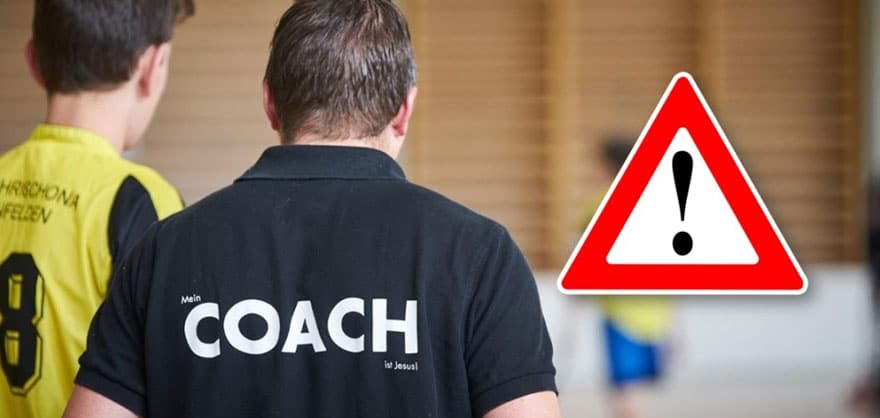The power of questions in Coaching is undisputed. If we have to summarize what coaching is all about, then we say it’s about a conversation that creates insights and shifts in the coachee. This then leads to a change in behavior and action that problems them closer to their desired goal. How does this really happen? Largely due to the questions that are laid out by the Coach during the coaching conversation. This is the reason why most centers offering business coaching India are now focusing on powerful and incisive questions in their sessions.
So what are questions and what do they do? The literal meaning of Question is” an interrogative expression often used to test knowledge”. But a question is really more than that isn’t it? It’s not about interrogation or pinning someone down. Perhaps the other dictionary meaning is more relevant. That is “inquiry”. A question, therefore, is an act of finding out your thoughts, your viewpoints, and your lens- in other words, it’s about your interpretation and understanding of the subject being discussed. A question is an invitation for new thought, reflection, action, change, creation, decision-making, discovery, and perhaps many more areas!
Business coach build questions that enable the exploration of thinking and viewpoints of another person/persons in other to enrich the conversation to see the unseen-explore the unexplored. I really like the way Marilee Goldberg Adams has put it “An unasked question is a door unopened.” So questions and the conversation that follows is all about opening new vistas in our thinking and seeing that were earlier just not visible to us. If the question had not been asked, this new insight would not have been available at all. That really is the power of questions. ICF and the coaching world have clearly understood this and that’s why it’s ICF Core Competency No 6: Powerful Questioning. Powerful questioning is the ability to ask questions that reveal the information needed for maximum benefit to the coaching relationship and the client. In all coaching training sessions that I have attended and been coached on, the maximum time is spent on the art of asking the right question at the right time. Our coaches and teachers have reemphasized the importance of this.
So what is the right question and can there be a right question? Mmm- that’s an interesting proposition to think about. We all know that there can be all kinds of questions-open ended, close-ended, evocative questions, provocative questions, probing questions, judger questions, learner questions, observer questions, challenging questions, etc. Each one of these types of question categories has a valid place in the coaching process. It all depends on the context and what needs to happen.
Very clearly in coaching, it is recommended that we use questions that are open-ended since that promotes exploration. An example of an open-ended question may be “If you had a choice what would you do?”. As we can see clearly, it would enable the coachee to come out with several options. Most coaches would use open-ended questions during coaching. There may be times in the coaching process that you would prefer to offer a close-ended question. For example, if the client is not able to take any decision and you have been probing and asking a number of open-ended questions but somehow the conversation is going nowhere, very consciously the coach may opt of a close-ended question like “Do you want to take a decision-yes or no?” This question may force the coachee to come to a conclusion on their dilemma! What I am really trying to get at here is at all types of questions are important and relevant for coaches to get comfortable and skilled at. This would enable us to be more skilled at coaching for the service of the client.
Byron Katie’s 4 Questions have truly transformed my thinking whenever I feel myself caught in a negative spiral and blaming others. My mentor used this very powerfully on me during our coaching session. These 4 questions to ask either stacked together or anyone on its own are:
Is it true?
How can you be absolutely sure it’s true?
How do you react, what happens, when you believe that thought?
Who would you be without the thought?
The power of these questions have challenged my assumptions about people and forced me to look at the way I have been thinking. However, we must not get caught in our own favorite set of questions irrespective of the coachee’s context! That would not be being a skillful coach-being at the service of the client.
To conclude, questions are the foundations of coaching. If we understand and start practicing the effective usage of questions, then we can offer great value to our coachee.





